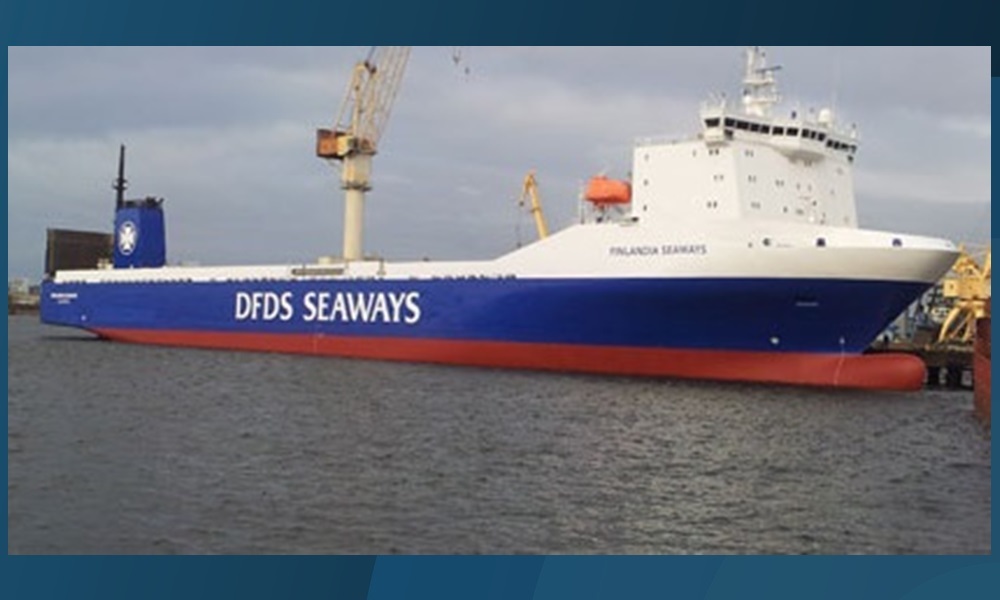Hauliers using the Rosyth ferry service could be trapped “between a rock and a hard place” by planned EU fuel legislation.
From next January the new directive, governing the level of sulphur contained in marine fuel, comes into operation.
This will force either the use of more expensive marine gas oil or the installation of expensive exhaust scrubbers on vessels.
However, installing the system is not always possible, which means ferryoperators have no option but to use more expensive low sulphur fuels.
Pledging to continue to offer help tomaintain the vital link, Martin Reid, the Road Haulage Association’s director for Scotland and Northern Ireland, said additional fuel costs would have to be passed on to clients.
“There is a limit to how much you can pass on before they refuse to pay it hauliers are caught between a rock and a hard place.”
The implications of rising costs on the viability of the route has been spelled out in a letter to the Scottish Government by Charles Hammond, the chief executive of Forth Ports.
He said the Rosyth service would be hit disproportionately due to its northerlylocation.
“This has the potential to severely impact on the financial viability of the existing freight ferry service into and out of Rosyth,” he warned.
Operator DFDS Seaways confirmed it could no longer be commercially viable in its current form.
A spokesperson said: “The main challenge is the cost of operating the service, andthere is no doubt that the upcoming sulphur legislation will lead to an increase in those costs of around 20%, if we were to continue running the service as we do currently.
“This would unfortunately mean that the route would no longer be commercially viable, and we are therefore looking for ways to reduce the impact of the sulphur rules on the route.”
Worried about the environmental impact, Green MSP Alison Johnstone said: “I don’t want more freight lorries forced on to the roads but we also need to reduce high emissions from marine fuel.
“I want to see a much stronger future for our ferry links, so I urge the Scottish Government to provide constructive help to the operators,” she said.
Fife Council has pledged to continue to work with the Scottish Government, DFDS and Forth Ports to find options to minimise the impact of new regulations.
Economic development officer RossMackenzie added: “Naturally, we areconcerned with the potential impact ofthe EU Sulphur Directive on Rosyth-Zeebrugge ferry route.”
The DFDS spokesperson said the firm was looking at a number of potentialsolutions.
